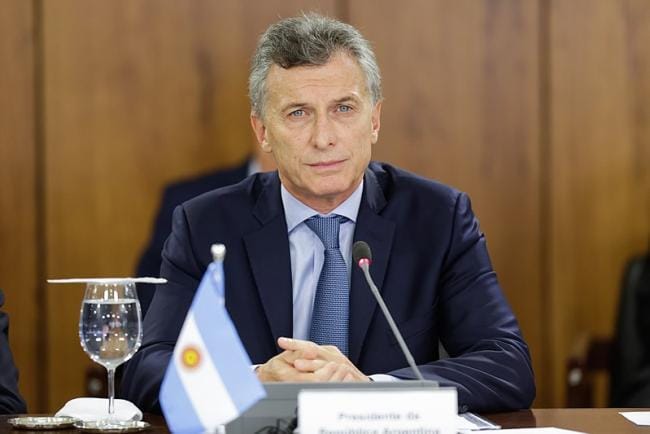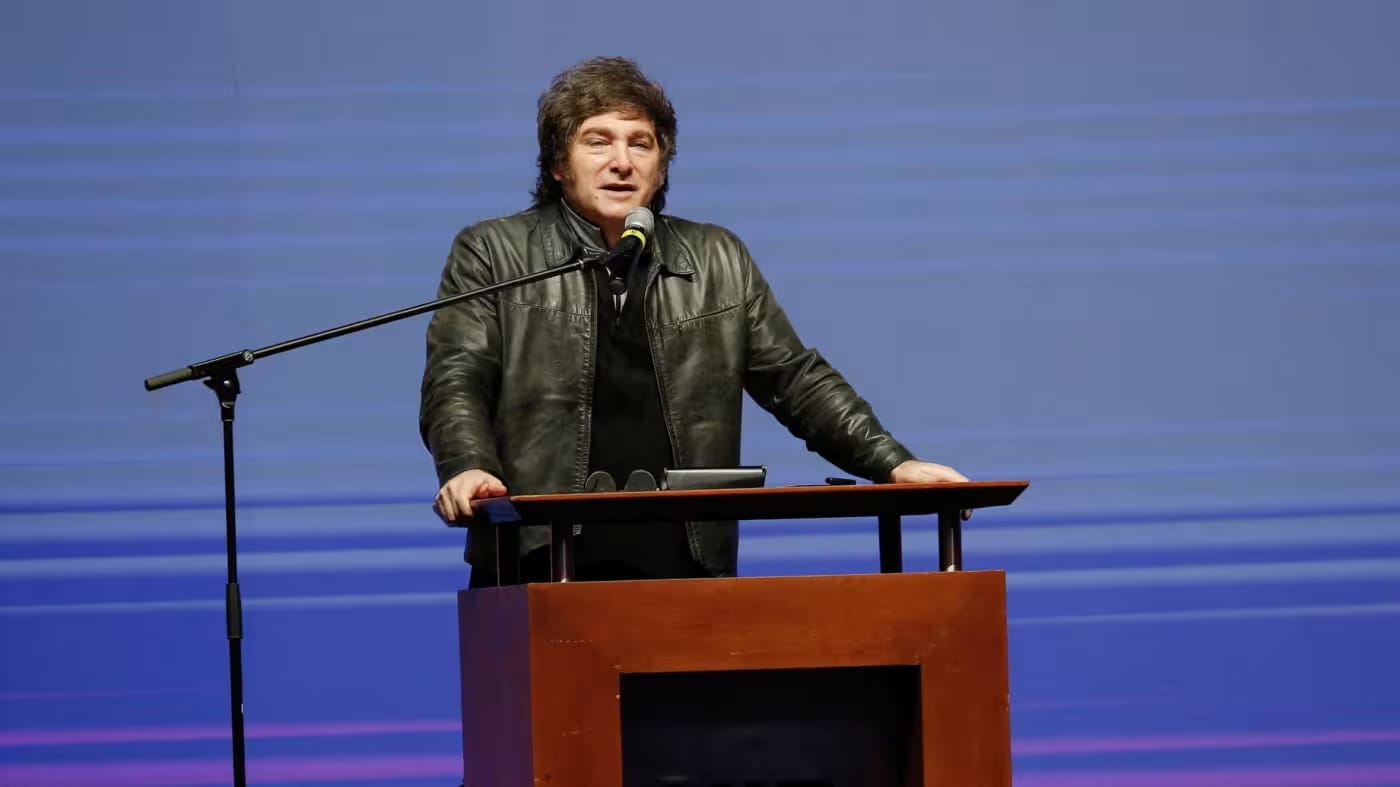History may be about to repeat itself in Argentina
Embattled president turns to external financing, but former president Macri's saga shows investor confidence can be fleeting

Argentina’s markets staged a rebound this week after Washington pledged “large and forceful” support for President Javier Milei. The peso recovered nearly 10% and bonds rallied, reversing losses triggered by a shock local election defeat, a corruption scandal, and heavy central bank intervention that drained more than $1 billion in reserves in just three days. The US Treasury’s Exchange Stabilization Fund provided the lifeline.
The relief may be fleeting. Milei’s strategy of defending an overvalued peso while slashing spending has stabilized inflation but left reserves perilously low and growth weak. The contradiction came into full view as investors questioned whether his government can sustain its currency band through October’s midterm elections.
The Trump administration’s intervention also highlights some uncomfortable parallels with Argentina’s previous reform efforts. After early applause for reforms, confidence suddenly collapses and official money ends up covering the exit of skittish investors. Former president Mauricio Macri’s 2019 IMF bailout demonstrates just how quickly apparent success can unravel.

Macri’s reforms were initially heralded as both necessary and successful, yet proved remarkably vulnerable to modest shocks. Macri had balanced the primary fiscal deficit, removed currency controls, and attracted significant foreign investment. Markets celebrated these orthodox policies, and Argentina returned to international borrowing after years of exclusion.
Then a drought in early 2018 that damaged agricultural exports, combined with missed inflation targets and rising US interest rates, triggered a reevaluation of government credibility. Despite the government’s reform credentials, investors fled en masse, forcing Argentina to seek the largest bailout in IMF history.
Funding capital flight
The $57 billion package was presented as a vote of confidence in Macri’s policies, but it served a different function entirely. Rather than buying time for deeper reforms, the bailout provided time and liquidity that allowed investors to take profits and exit their positions. The massive official financing essentially covered private capital flight, transforming private losses into public debt.
By the time Macri left office in 2019, Argentina was deeper in debt and facing another default, despite years of orthodox policies and record international support.
Parallels with today are striking. Like his predecessor, Milei faces similar vulnerabilities to seemingly small events. A provincial midterm election loss shouldn’t be enough to tank nearly a year of reforms, but his administration is politically brittle and has alienated moderate opposition allies in a congress that increasingly approves spending, against the government’s wishes. A corruption scandal involving the president’s sister has further eroded his political capital at a critical moment.

Milei has also repeated Macri’s core error: prioritizing short-term market confidence over sustainable policy frameworks in a way that secures neither. His focus on keeping inflation down at all costs has led to an artificially strong currency that hurts competitiveness and prevents the accumulation of foreign reserves needed to service Argentina’s mountain of debt. Net reserves are estimated at just $5 billion, while the government has missed IMF targets for rebuilding its buffer.
The recent market panic showed how quickly confidence can evaporate. Bond yields soared 5.5 percentage points in two weeks, and the peso hit the bottom of its exchange rate band despite the central bank’s frantic intervention. These are early warning signs that markets are recognizing that apparent stability masks deeper contradictions.
Washington’s support buys Macri and his team time, but history suggests it may simply enable an orderly investor exit. Unless the bailout calms domestic politics as well as market tremors, the “large and forceful” intervention could just perpetuate Argentina’s seemingly endless political drama.








